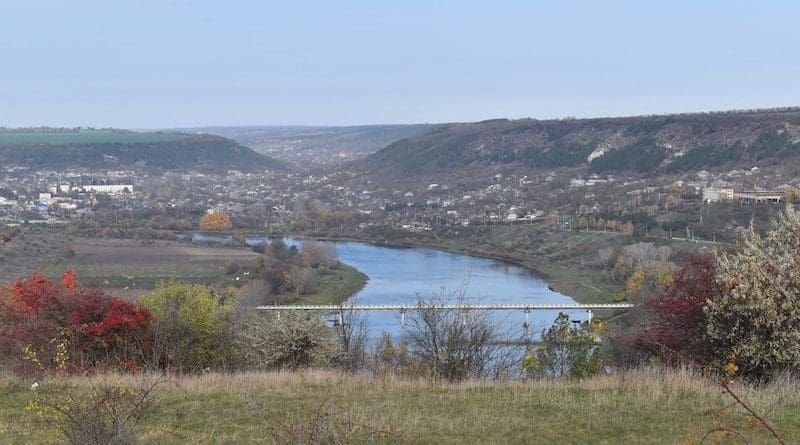Moldova Condemns Breakaway Region’s Push For New ‘Security’ Post
By Madalin Necsutu
Moldovan authorities on Friday rejected a proposal by breakaway Transnistria to install a new “peacekeeping post” at the Dubasari hydroelectric plant on the right bank of the Dniester River, which Moldova controls.
Authorities in Chisinau said it was “another informational useless manoeuvre” designed to distract attention from problems in the Security Zone, a buffer zone between Moldova and the Russia-backed breakaway region.
They also called on the Tiraspol authorities to remove all other illegal posts, calling them an obstacle to the free movement of citizens and demonstrating ignorance of the principles of the Security Zone regime. They said there were no possible security risks justifying another “peacekeeping post”.
The work of the Unified Control Commission, which regulates the joint activity of peacekeepers made up of representatives of Russia, Moldova and the Transnistrian region, has been blocked for almost two years due to the installation of dozens of stationary and mobile posts installed without Moldova’s consent. The posts are made of sandbags and concrete blocks and are manned by the Transnistrian security forces.
Authorities in Tiraspol claimed staff at the Dubasari power plant were worried about the tense situation in the region and possible damage to the dam of the plant would increase the danger of flooding densely populated areas, which could lead to “incalculable disasters for the inhabitants of these areas.
“The location of such a post of the Mixed Peacekeeping Forces at the entrance to the dam … will contribute to the tranquillity of the population living on both banks,” Tiraspol said. It did not say from where such a danger might occur, or in what circumstances.
Russia maintains about 1,700 soldiers in the separatist region, including troops from the pacification mission, who have a legal mandate to be present there, and the Operative Group of Russian Troops, GOTR, which is illegally in this territory and guarding the ammunition depot in Cobasna. De facto, they form a single body. Moldova and its Western partners want Russia to implement the obligations it assumed at the OSCE summit in Istanbul in 1999 and withdraw its troops from Moldova.
In the Security Zone of Moldova, there are 15 posts of the mixed peacekeeping forces and two posts of the Operative Group of Russian Troops, OGRT, directly subordinated to the Russian Army based in St Petersburg. During the Coronavirus pandemic, Tiraspol also unilaterally installed 37. Moldova says half of these stations installed unilaterally are still working.

